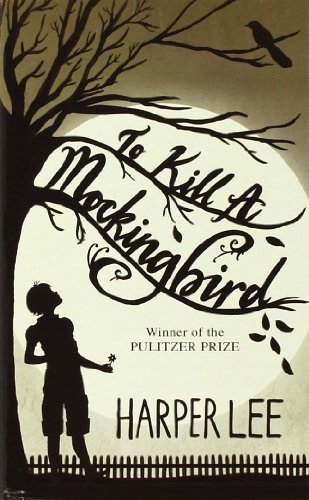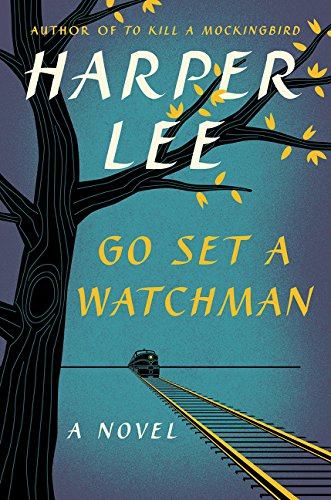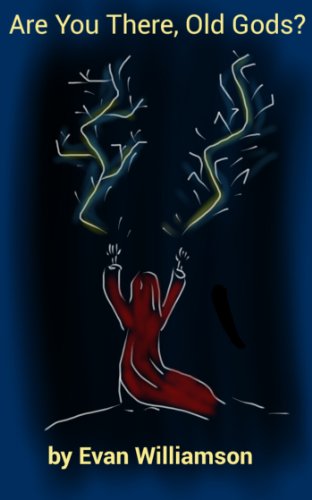Little Black Sambo by Helen Bannerman
A crazy, racist little fairy tale, Sambo learns to steal from bullies and eat hella pancakes.
Banned
1956 - Canada - Removed by the Toronto, Ontario board of education after complaints from several groups that "the popular book was a cause of mental suffering to Negroes in particular and children in general."
1959 - New York - A black resident of New York City challenged the book at a school library, calling it racially derogatory. The book was eventually restored to library shelves.
1964 - Nebraska - School superintendent of Lincoln school system ordered it removed from open shelves due to the inherent racism of the book. The book was placed on reserved shelves with a note explaining it would be available as optional material.
1971 - Alabama - Montgomery schools banned the book for being "inappropriate" and "not in keeping with good human relations."
1972
United Kingdom - General attack in schools and libraries for symbolizing "the kind of dangerous and obsolete books that must go."
Canada - Hamilton, Ontario teachers ordered students to tear the story from their books; the Montreal-based Canadian National Black Coalition began a war to remove the book from school and library shelves; New Brunswick banned it entirely.
Texas - Dallas school libraries removed the book because it "distorts a child's view of black people."
Sources
Associated Press. "COMPANY NEWS; Sambo's to Alter Northeast Names." New York Times, 1981. Retrieved January 5, 2018 from http://www.nytimes.com/1981/03/11/business/company-news-sambo-s-to-alter-northeast-names.html
Bannerman, Helen. "Little Black Sambo." Applewood Books, 1921. Bedford, Massachusetts.
Doyle, Robert P. "Banned Books: Challenging Our Freedom to Read." American Library Association, 2014.
Golus, Carrie. "Sambo’s subtext." Chicago Magazine. 2010. Retrieved January 5, 2018 from http://magazine.uchicago.edu/1010/chicago_journal/sambos-subtext.shtml
Pancake Parlour. "Helen Bannerman on the Train to Kodaikanal." Retrieved January 5, 2018 from http://web.archive.org/web/20060820084143/http://pancakeparlour.com/Wonderland/Highlights/Thefuture/Short_Stories/Bannerman/bannerman.html





